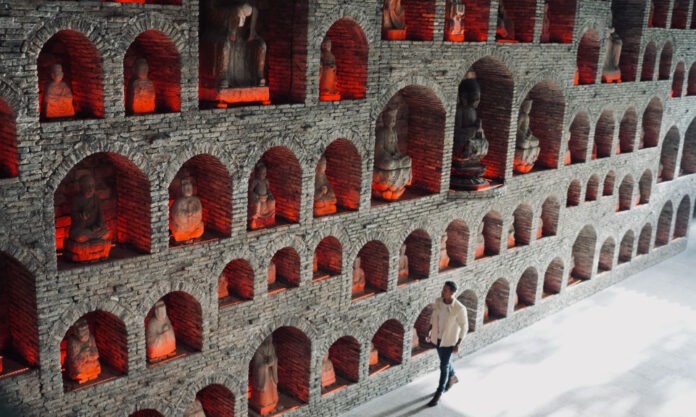Way down deep in Suzhou’s south lies the crown jewel in all of China’s Jiangnan water towns. Affording deep contemplation, millennium-old authenticity, untroubled tranquility among the blossoms and credentials in poetry beyond compare; all are about to come knocking in Lili.
“Now my black eyes
Wake up earlier than the night written on the trees
I see the white breeze of pear trees
Playing with the speckled shadows on the walls
As if it came from another spring
As if it were another soul walking nimbly on my feet.”
[Excerpt from the poem “Now My Black Eyes” by Lan Lan translated by Fan Jinghua]
The celebrations around the pear blossoms of Lili Ancient Town kicked off on 2 April, 2024. and last until 19 May. For good reason; folklore states that the town is dominated by pear blossoms at this time annually.
This year’s outing sees Lili laying on a specially curated spring experience, in which the focus is culture, sightseeing and serenity; cue activities such as flower arranging with expert instruction.
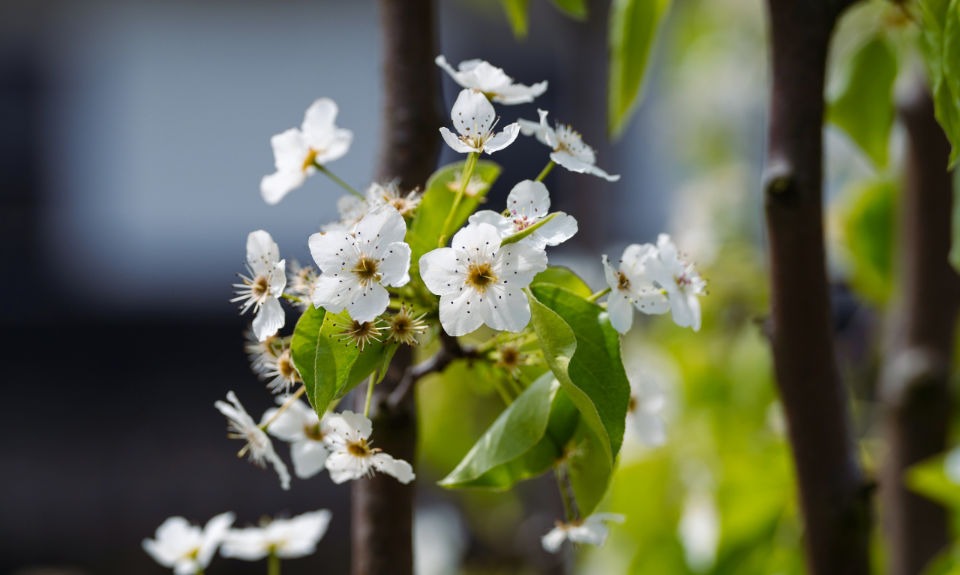
They are nods to a peaceful past. And one in which nothing much happened for half a millennium or more. It’s precisely what gives Lili its charm.
It also presented somewhat of a conundrum to the tourist-eyeing officialdom of today. The southern parts of Jiangsu are literally awash with water towns, drawing in the hoards with their social-media opportunities, brides to be and the trappings of consumerism. Yet, despite having been rated among China’s “Top Ten Towns & Villages for Slow Travel” in 2012, Lili now seeks to forge a new path, one featuring touristic sustainability with an eye on that which has never been done before.
Hence today, Lili is home to a museum dedicated not to Chinese royalty as one might expect, but the exact opposite; the plain, working-class pseudo wealthy. And as a visit reveals, there is truly nothing like it, in China or literally anywhere else on Earth.
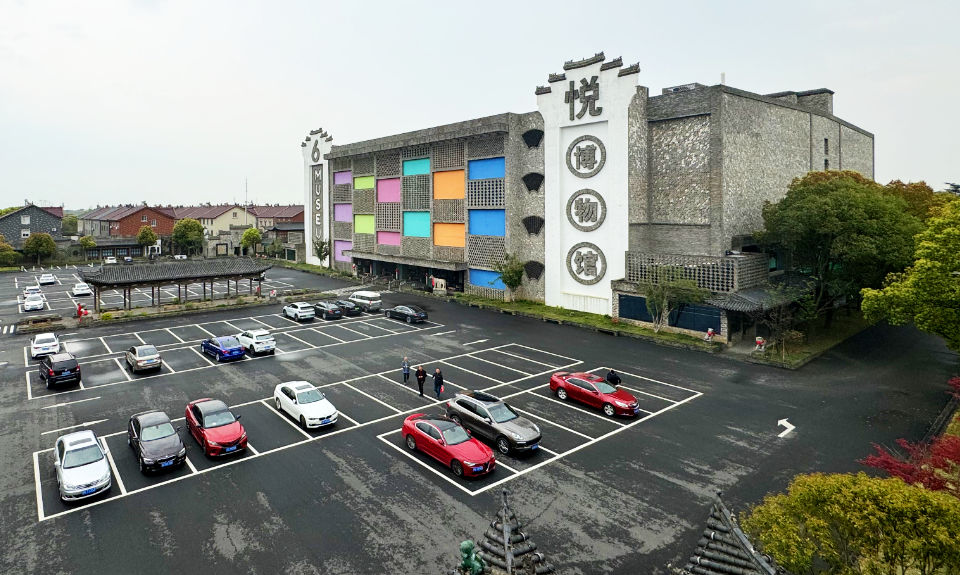
American Mitch Dudeck is Founder of the Six Arts Museum and was the China founding partner of an international law firm. Coming to the Middle Kingdom in 1981, when he wasn’t scratching out a living in legal speak, Dudeck was scavenging far and wide. He’d become addicted to China’s folk arts; common treasures that were then more often than not being destroyed in pursuit of a better life and the name of progress. There’s the cute, the not-so cuddly and even an entire pawn shop.
Some 40,000 items in fact, painstakingly collected and in some cases, restored, but all preserved in their originality, and now on display in that which is the largest of its kind anywhere and the first major museum funded by a foreigner in China.

Those same pieces of folk art, selected from the many tens of thousands more accumulated in warehouses in Shanghai that Dudeck keeps for purpose, have also made for the perfect materials with which to build the Six Arts Hotel on the same site. Therein, some 5,000 pieces of folk art comprise the Hotel’s decoration, making each of the 50 irregularly-shaped rooms bespoke, although creaking wooden floorboards and red push-button 1990s telephones connecting guests with reception do seem to be a standard.
It is that kind of preservation which has in fact turned out to be a watchword for Lili, either by accident or design. Today, the town’s river can also perhaps be termed a canal on account of its gates which for eons have been lowered to prevent access by outsiders, including those with hostile intentions.
As a result, it is said, Lili was left unscathed by the Second Sino-Japanese War; the gates on the river had been the key to saving many lives.
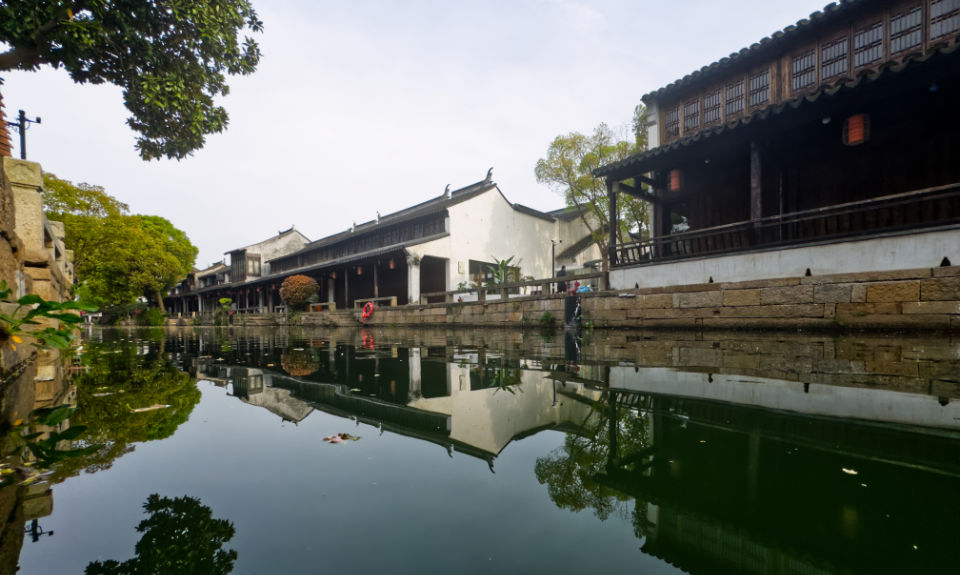
The river, meanwhile, has been pivotal to life itself in Lili since time immortal. And commerce. Dating back to the Spring and Autumn Period (770-476 BCE), Lili stands apart from other Jiangnan water towns for its verandas.
With almost 800 years of history, the piazzas that still today line much of the waterway providing shelter from sun and rain were the result of imaginative local entrepreneurs. With the Jiangnan area already then a focal point of commerce, same seated verandas were also ideal for displaying the countless products for sale by local tradespeople.
Facilitating it all back then, all 256 homes in the ancient town also had their own mooring on the river, comprised of a stone jetty and an accompanying pair of steps descending to the water. There, villagers would receive sundries by way of a kind of ancient form of express courier delivery.
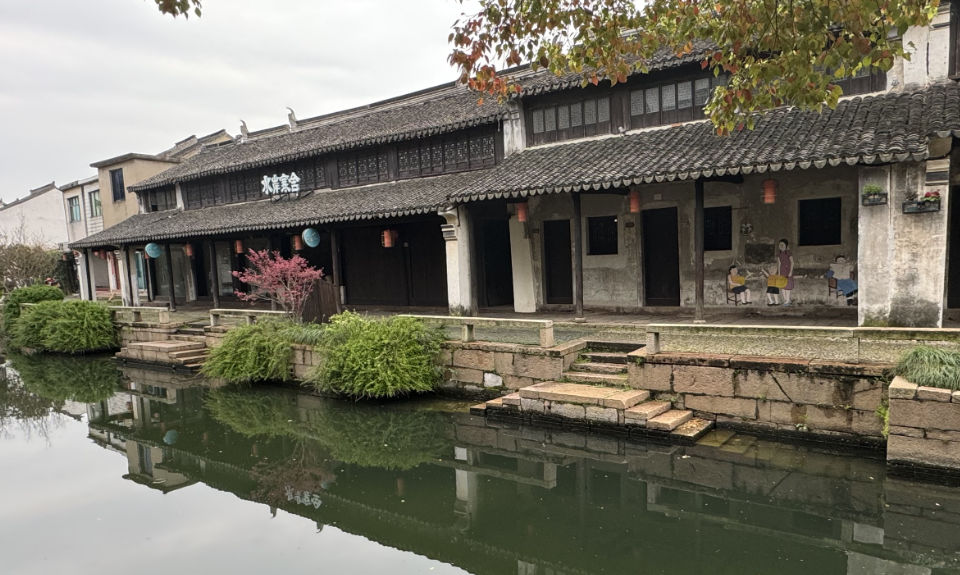
The moorings remain one of Lili’s star attractions in the online age, while the significance or coincidence of 256 being 2 to the power of 8 remains something over which scholars still pontificate today.
Many of their forefathers are also to be found in a kind of “Who’s Who” for Lili. Most noteworthy is Liu Yazi (1887-1958), the poet and social activist regarded as the “last outstanding poet of the traditional school”. That activist nature within Liu became a key objective for the South Society, the country’s largest literature and poetry organisation during the late Qing dynasty, which he co-founded in Lili.
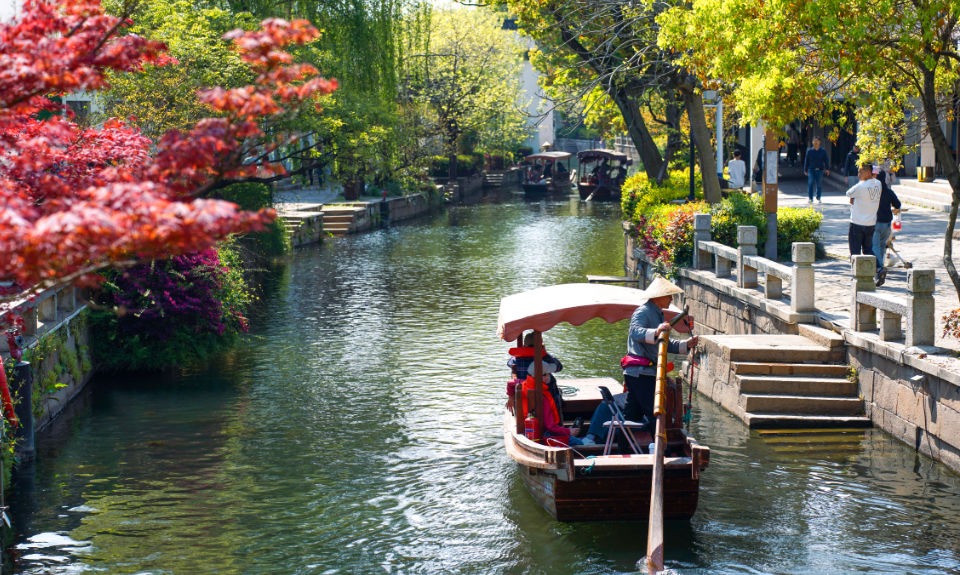
So while the tour groups have of late also began to come knocking at Lili’s door, rampant commercialism will not be. That Starbucks is relegated away from the beautiful canal to a run-of-the-mill street in the town of Lili itself is the best evidence of all for the smart, deliberate moves which have been made by local authorities to keep Lili largely as it has been for the past thousand years.
And while those Yuan Dynasty entrepreneurs under the verandas may now be gone, the perennial pear blossom has not escaped the attention of local bakers. Among the speciality products for sale along the banks of the Lichuan River today is Begonia Cake. Could anything else be more fitting?


